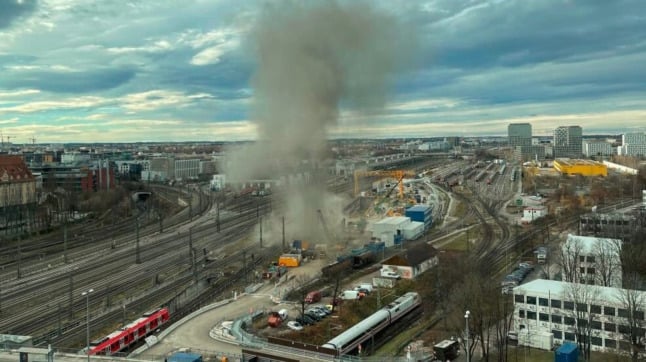Millions should brace themselves for increased rents in 2013, warned Lukas Siebenkotten, director of the association.
“We must expect a rent increase of on average 10 percent in university towns and city centres,” he said.
Current rental agreements can keep increases down to an average of two or three percent. But he said the recently decided reform of the rental laws would, “lead to a wave of law suits before the courts, which already have enough to do.”
The reforms mean renters will have to accept up to three months of building work, including scaffolding in front of their windows, dust and noise, before they are able to reduce their payments. Only if the work lasts for more than three months can the rent be reduced as compensation.
If the renovations are to reduce energy use in the building, 11 percent of the costs can be added to rent each year. But Siebenkotten said there was no clear definition of what a energy-reducing renovation was – which he said could result in many legal fights.
Another change due to take effect in 2013 is a reduction in the rent increase cap which states can impose on popular areas. Until now they can limit the increase in rents to 20 percent over three years in attractive areas. But this will now be reduced to 15 percent over three years.
Siebenkotten said this kind of change was ignoring the main problem on the rental market. “Many households are already paying more than a third of their spending on their flats, including running costs,” he said. Poorer households are spending more then 45 percent of their money on their flats, he said.
“Many people are being pushed out of the centres to the edges of town because of this,” he said. “This will not be without grave social consequences. This is why new-build projects must always include a share of social housing flats, whose numbers are currently continually sinking.”
DPA/The Local/hc



 Please whitelist us to continue reading.
Please whitelist us to continue reading.
Member comments